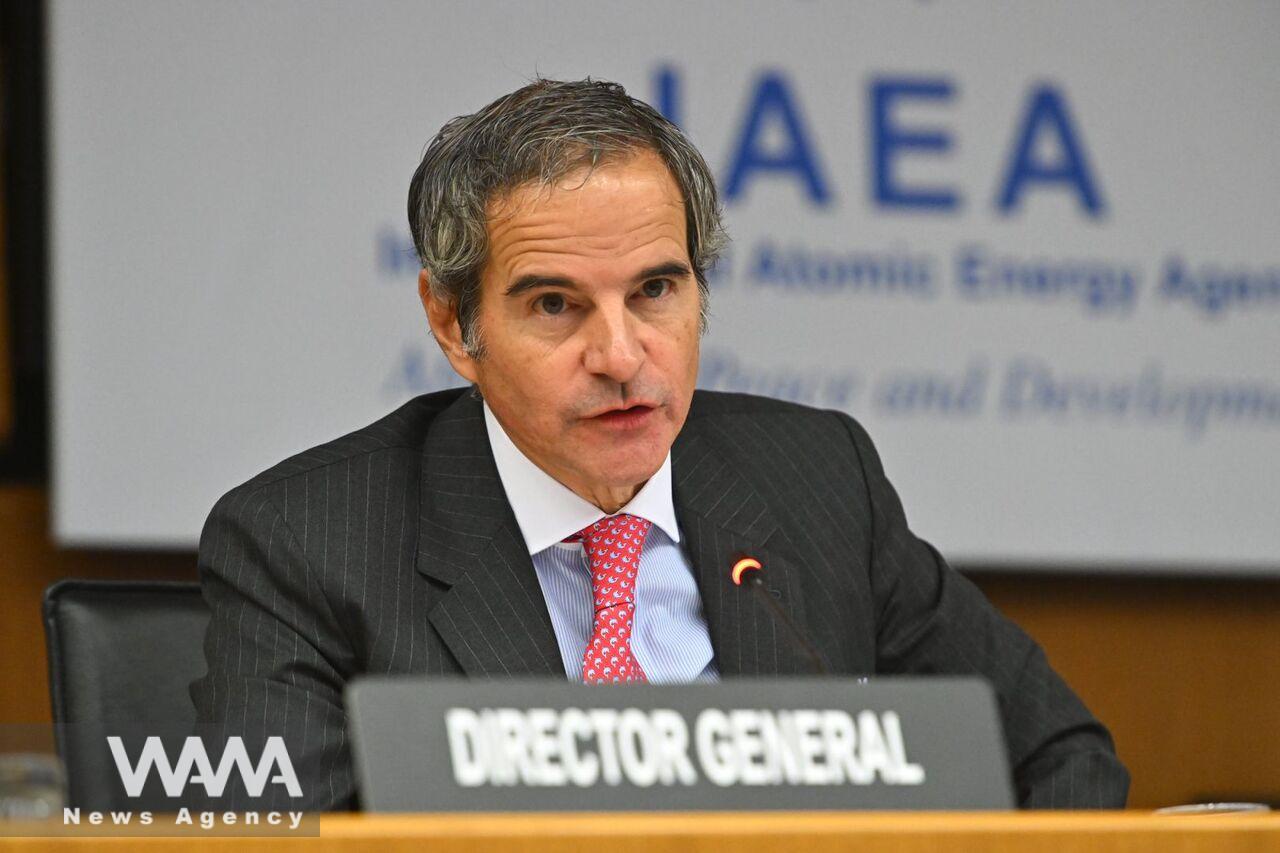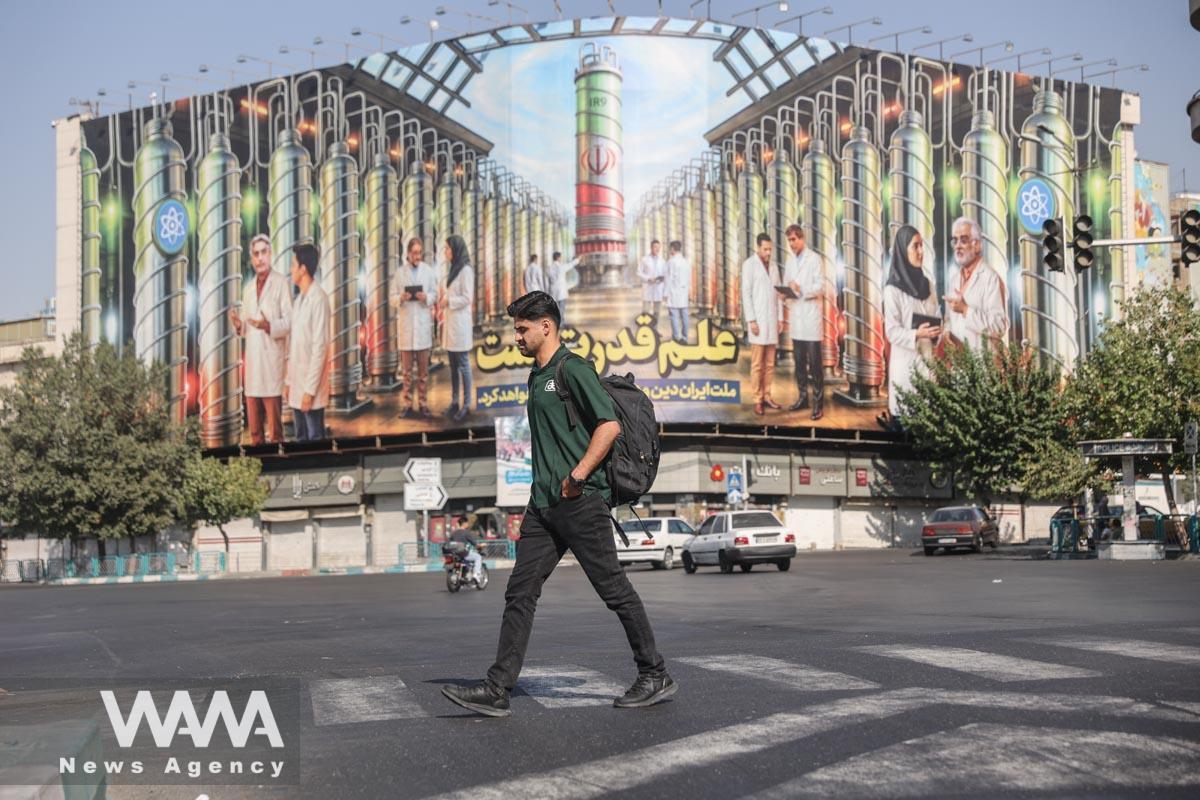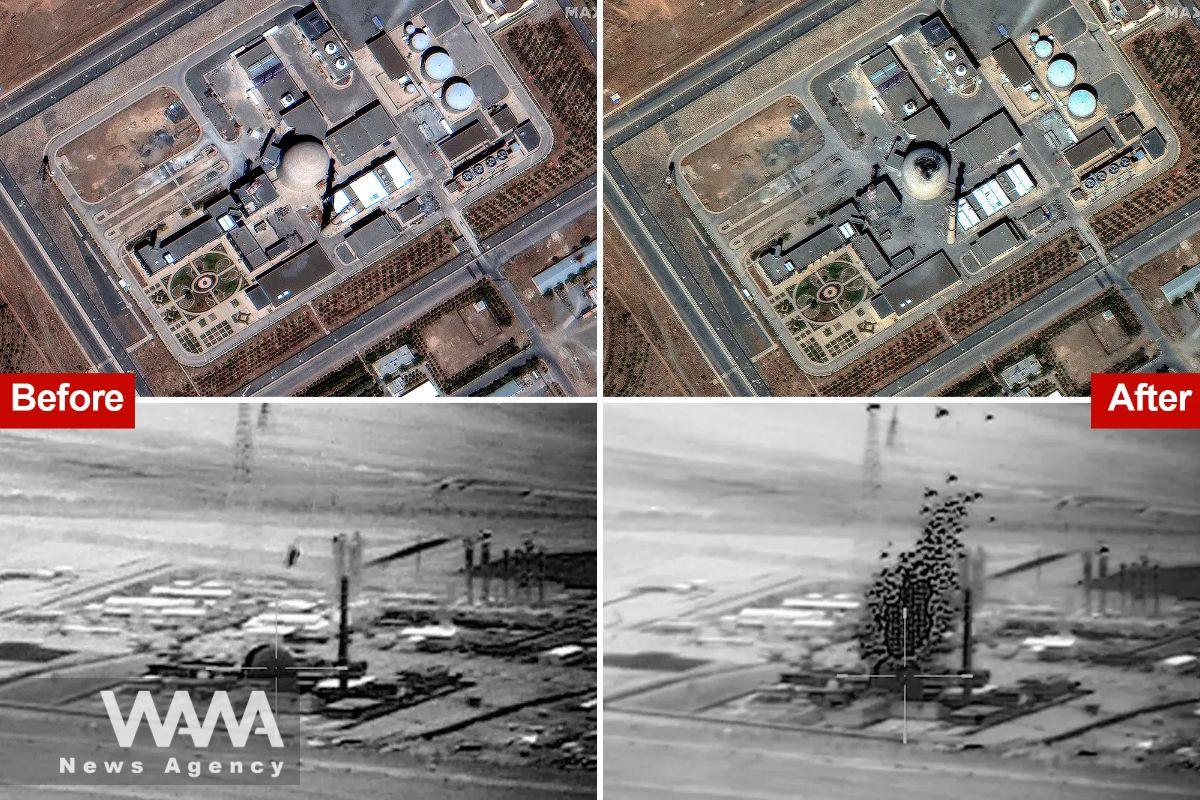WANA (Oct 22) – International Atomic Energy Agency (IAEA) Director General Rafael Grossi said Iran, despite restricting inspections, did not withdraw from the Nuclear Non-Proliferation Treaty (NPT) after the 12-day war and has not cut itself off from the international community. He added that the agency is seeking to deepen its relations with Tehran.
Grossi, speaking to a Swiss newspaper, said Tehran could have severed ties with the international community and left the NPT after the conflict, “but it did not do so.” He welcomed that stance and said he is trying to expand diplomatic contacts with Iranian officials, including Foreign Minister Seyyed Abbas Araghchi, while preserving a diplomatic space for dialogue.
He added, “For now, Tehran accepts our inspectors only on a limited basis. The country has imposed restrictions on inspections because of concerns for its security. The Iranians are hesitant, which I understand. But if diplomacy fails, I fear that force may be used again.”
People walk past a billboard with a picture of nuclear scientists killed in Israeli strikes and Iranian centrifuges, on a street in Tehran, Iran August 29, 2025. Majid Asgaripour/WANA (West Asia News Agency)
The Director General of the agency, in response to the question “To what extent has Iran’s nuclear programme been damaged in the bombings by the Israeli regime and the United States?”, said: “The damage has been severe,” but rejected U.S. President Donald Trump’s claim of the complete destruction of Iran’s nuclear capability, and said: “Iran’s nuclear knowledge has not been destroyed. Also, the centrifuges that enable uranium enrichment are repairable. Ultimately, Iran still possesses enriched uranium — in particular 400 kilograms at 60 percent enrichment.”
Grossi, in remarks that raised tensions, also said Iran is one step away from obtaining the uranium necessary for a nuclear weapon and “if it goes through these stages, it would obtain enough fuel for about ten nuclear bombs.”
However, the IAEA chief stressed, “We have no evidence that Tehran is seeking to obtain a nuclear weapon. To be sure that this is not the case, inspections must be resumed. Nevertheless, we believe that the bulk of the highly enriched uranium is still stored in Isfahan, Natanz, and Fordow.”
He confirmed the claim by saying the agency had inspected those sites before the start of the 12-day war, and subsequent analysis of satellite imagery shows that the uranium remains at those sites.
Arak nuclear facility after the U.S. strike. Social media/ WANA News Agency


